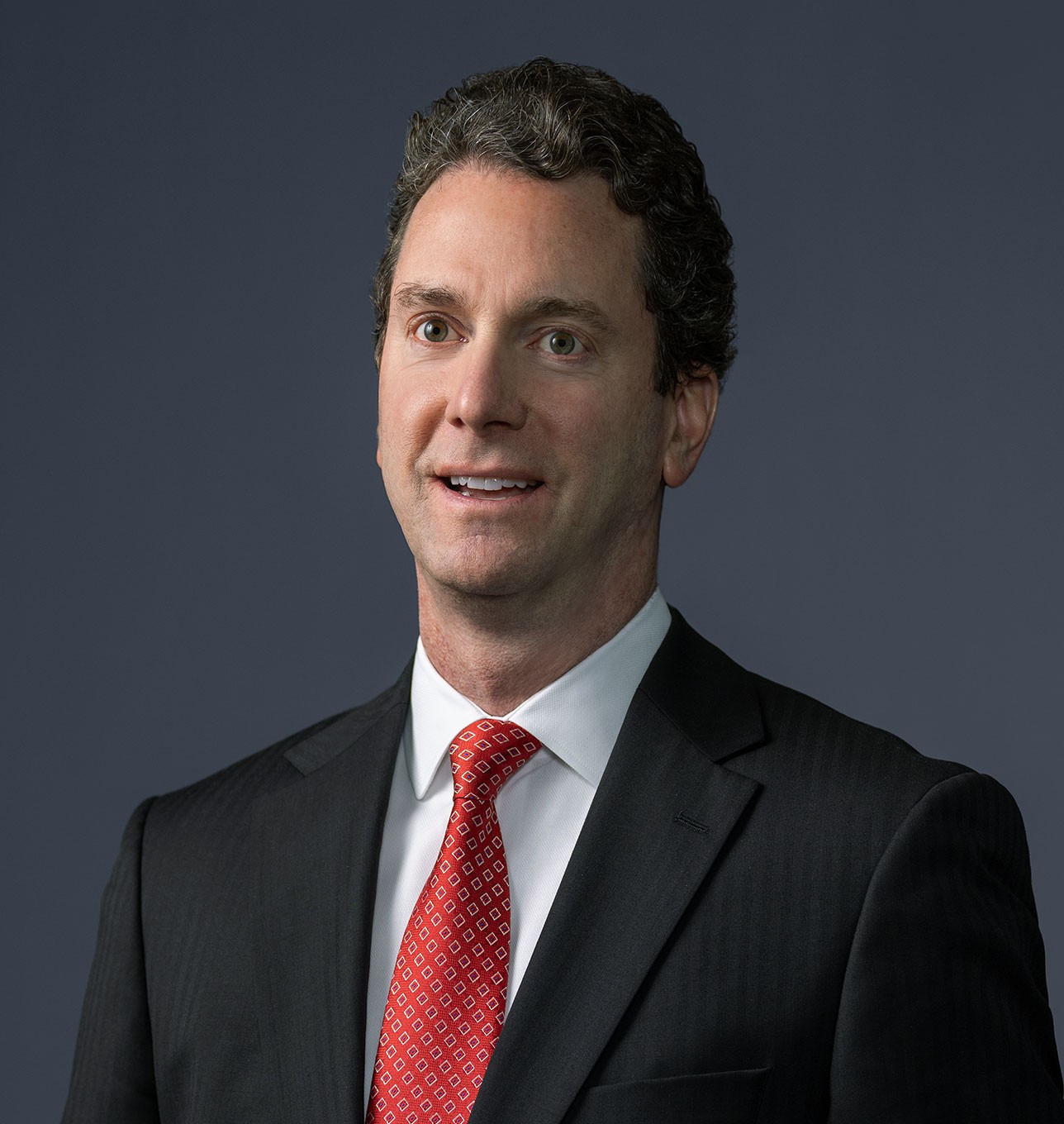New Yorkers Get Paid Leave for COVID-19 Vaccinations
Effective March 12, 2021, until December 31, 2022, employees in New York State are eligible for a paid leave of absence for a sufficient period of time, not to exceed four hours per injection, to be vaccinated for COVID-19. This new Labor Law provision, codified at Section 196-C of the New York Labor Law, was signed by Governor Andrew Cuomo on March 12, 2021, and is applicable to all employers in New York State, including any person, corporation, limited liability company or association employing any individual in any occupation, industry, trade, business or service. Public employers, including state and local government entities, are covered by a separate paid vaccine leave law.
The paid leave provided under this new law is in addition to, and cannot be charged against, any other leave that the employee is entitled to, including any paid sick leave. The law requires that employees are paid at their regular rate of pay for this paid leave. The law does not define what is a “sufficient period of time” to be absent for a vaccine injection, but the maximum paid leave period for a single injection cannot exceed four hours. If a COVID-19 vaccine requires two injections, then the employee is entitled to two periods of paid leave of up to four hours each, for a total of eight hours. Paid leave under this law can only be used by the employee to receive his or her own injection. Employees are not entitled to use this paid leave to assist a relative or another person in getting a COVID-19 injection.
According to Frequently Asked Questions (“FAQs”) recently published by the New York State Department of Labor (“NYDOL”), the law does not prevent an employer from requiring employees to provide notice before taking this paid leave. In addition, the law also does not prevent an employer from requiring an employee to provide proof of vaccination. In deciding whether to require notice or proof, employers can consider whether their other paid leave laws, including sick leave, require similar notice or proof. Any notice requirement should be reasonable under the circumstances, such as providing flexibility for paid leave if for a “last minute” vaccine availability. If notice or proof is required, employers should take care to treat the information under appropriate confidentiality and privacy standards.
The law does not distinguish between full-time and part-time employees, and the FAQ does not address this issue, so we recommend that this paid leave be made available to all employees.
According to the FAQ, this law is applicable prospectively only and does not provide any retroactive benefit rights for employees who received a vaccination prior to March 12, 2021.
The rights under this paid vaccination leave law can be waived in a collective bargaining agreement (“CBA”), but to satisfy the law, any such agreement must specifically reference Labor Law § 196-C. Further, we suggest that the applicable CBA provision also specifically state that a sufficient period of time will be provided to employees to obtain COVID-19 vaccinations. This law specifically prohibits discrimination or retaliation against employees who exercise paid leave rights, including requesting or obtaining a leave of absence to be vaccinated for COVID-19.
The law does not contain an explicit private right of action, but the FAQ provides that employees who believe they have been denied paid leave under this law can file a complaint with the NYDOL.
New York State employers should consider processes to comply with this new paid vaccination leave law. Suggested steps include informing human resources staff of the new law, revising existing written paid leave policies or drafting a new policy and creating a process to track paid leave requests.
Employers in other states should take note, too. Although New York is one of only a few states that have enacted some form of paid leave for COVID-19 vaccinations,1 others may follow.
1 In March 2021, the Illinois Department of Labor issued an Employer Guidance stating that, under the Illinois Minimum Wage Law and the federal Fair Labor Standards Act, if an employer requires employees to get vaccinated, the time an employee spends obtaining the vaccine is likely compensable, even if it is non-working time. California employers with more than 25 employees must provide up to 80 hours of COVID-19 related sick leave from January 1, 2021, through September 30, 2021. A California covered employee can use some of this paid leave to attend a vaccine appointment or if unable to work due to vaccine-related symptoms.



